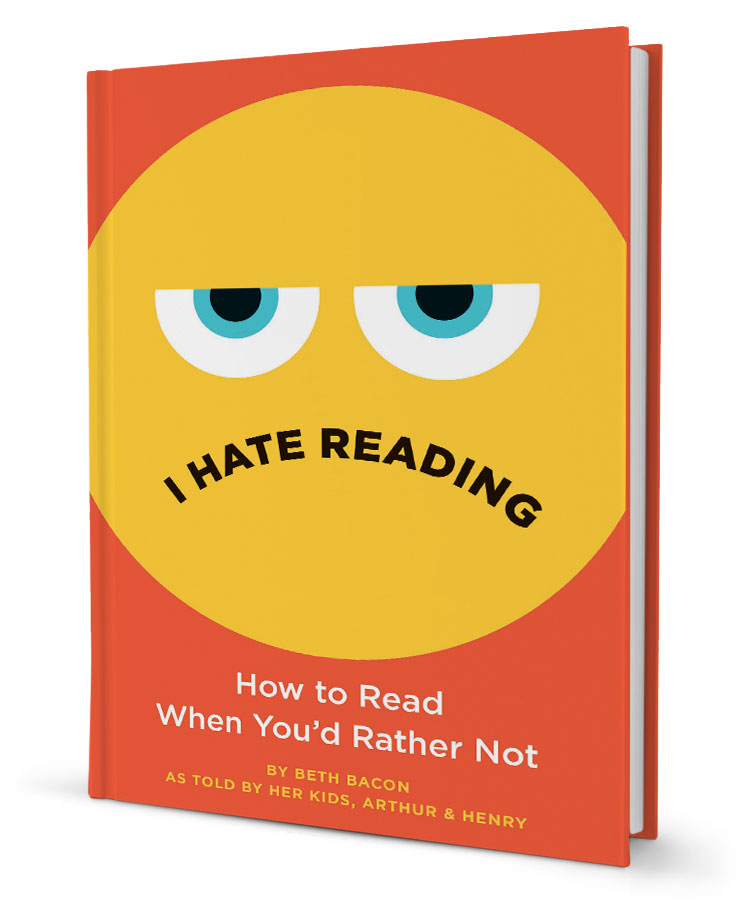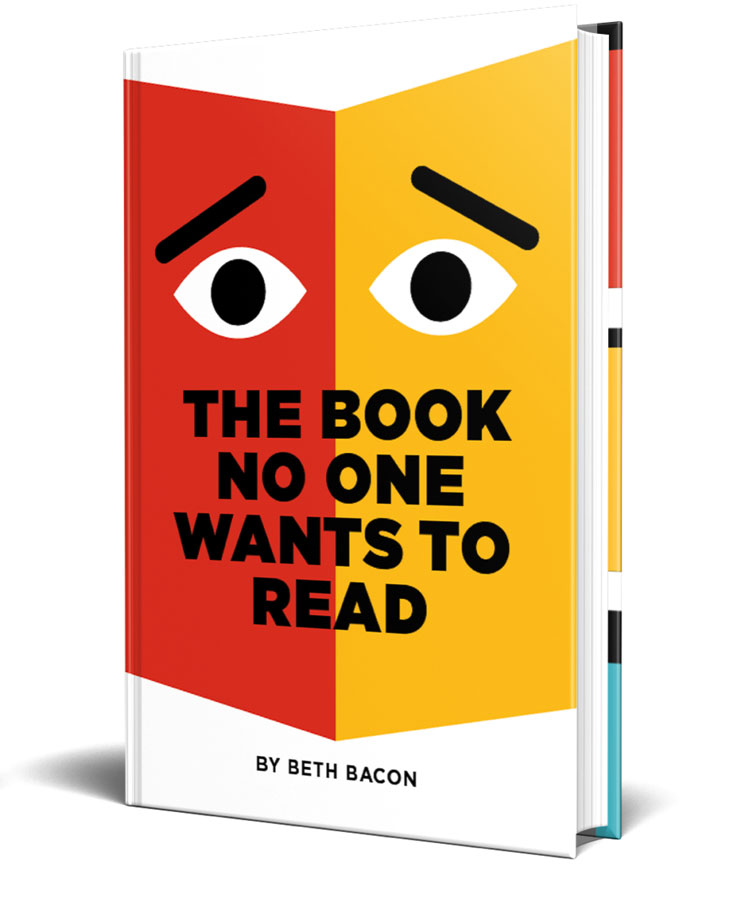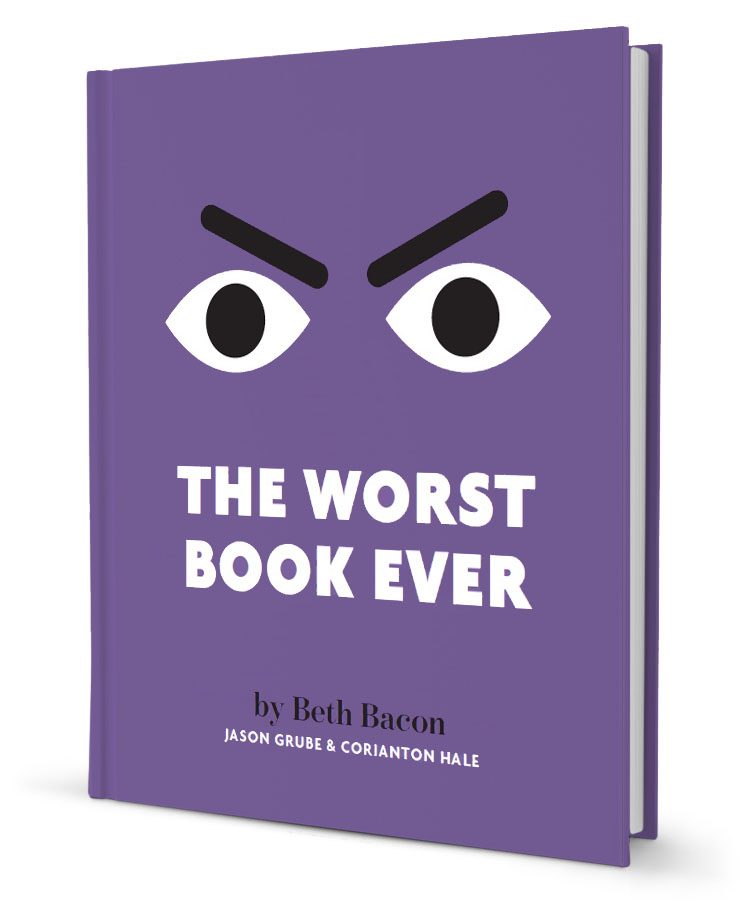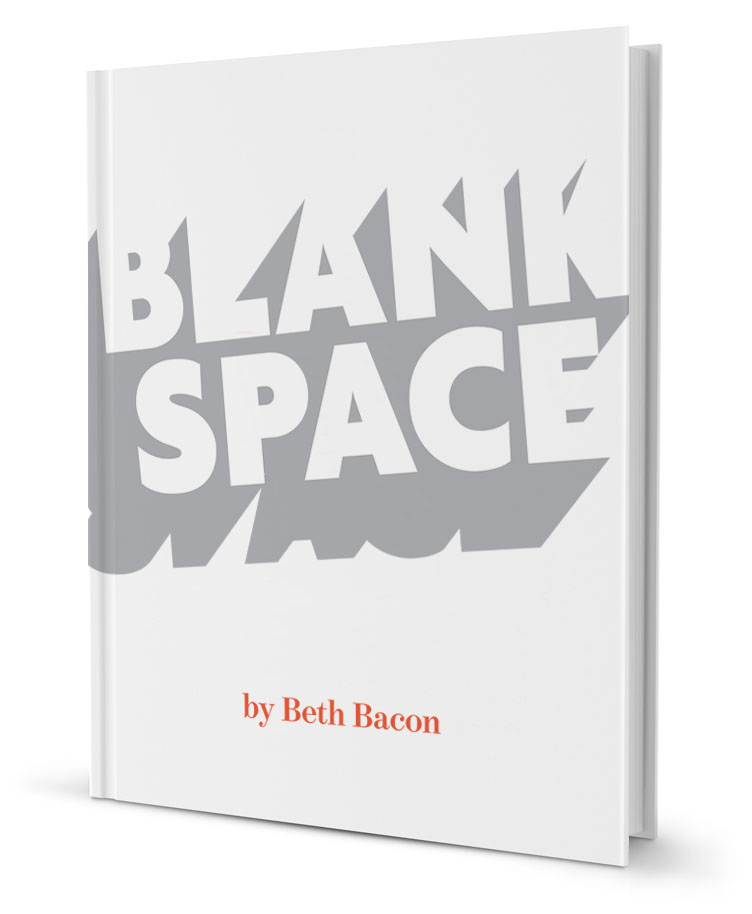Any youngster in the United States has probably heard the term, “freedom of speech.” But do they really know what it means? This week is Banned Books Week, which means it’s a great time to talk about the concept.
If you need a conversation starter, go ahead and read my book, The Worst Book Ever. In this story, the book itself is the narrator. The book’s goal in life is to get banned by a librarian. The book wants to be bad and see its picture in the lineup on the library wall where the notorious banned books are posted. So the book does all kinds of things that it thinks will bother a librarian… it makes noise, it makes up phony words, it uses wrong punctuation… and it co-opts the readers into its dastardly plot. In the end it does get the librarian’s attention… but in a good way. Read the book to find out how.
Once you’ve read The Worst Book Ever you can start a conversation about banned Books and the concept of ‘free speech.’ Ask your child what they think those terms mean. These concepts go hand in hand.
Talk about the idea of ‘freedom.’ Kids may know that freedom is the ability to do something without another person or law preventing you from doing it. Brainstorm about the pros and cons of whether freedoms should sometimes be limited.
Now talk about the act of ‘banning’ something. Kids may know the term ‘banned’ because there may be items or behaviors that are not allowed at their school or in their surroundings. Again, like freedoms, there are times when things and actions should be banned. Think about other ways to limit dangerous things without banning them. When might banning be effective and when might it be counterproductive?
Now it’s time to talk about speech… is speech a ‘thing’ that could be banned? What about right before you speak… can someone ban your ideas? Or your imagination—who has a right to stop that? Why would someone want to ban thoughts, words, ideas, or concepts?
Finally, talk about some books, like the Harry Potter series, that have been banned in some places. Banning does have a place, especially for small kids who are still learning about the bigger problems in the world. Some parents don’t allow their kids to read certain books or watch certain movies. Is not allowing a child to read a book or watch a movie the same as banning a book from a library so no one, even grown-ups, can read it? Banning something from everyone means even grown-ups, leaders, and decision-makers wouldn’t be able to even know what’s in that book… even if they might disagree with it. Is it important for grown-ups to read things they might disagree with, just to understand all sides of an issue? How does banning an idea differ from disagreeing with an idea?
When talking about these concepts, one question may naturally lead to another. If you find your child worn out from all the questioning, take a break. Do something different. Go read a book… maybe one of theses frequently banned picture books:





0 Comments